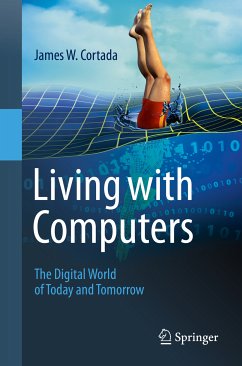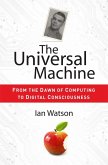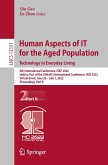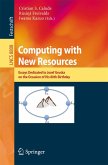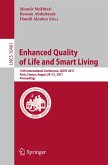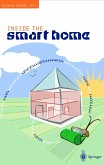Taking a big-picture perspective on digital technology, Living with Computers leads the reader on a whistle-stop tour of the history of information and information technology. This journey culminates in a deep exploration into the meaning and role of computers in our lives, and what this experience might possibly mean for the future of human society - and the very existence of humanity itself.
In the face of the transformative power of computing, this book provokes us to ask big questions. If computers become integrated into our bodies, merging with the information processing of our very DNA, will computing help to shape the evolution of biological life? If artificial intelligence advances beyond the abilities of the human brain, will this overturn our anthropocentrism and lead to a new view of reality? Will we control the computers of the future, or will they control us?
These questions can be discomforting, yet they cannot be ignored. This book argues that it is time to reshape our definition of our species in the context of our interaction with computing. For although such science-fiction scenarios are not likely to happen any time soon - and may, in fact, never happen - it is nevertheless vital to consider these issues now if we wish to have any influence over whatever is to come. So, humans, let's confront our possible destiny!
James W. Cortada is a Senior Research Fellow at the Charles Babbage Institute at the University of Minnesota. He holds a Ph.D. in modern history and worked at IBM in various positions for 38 years, including in IBM's management research institute, The IBM Institute for Business Value (IBV). He is the author of over a dozen books on management,and nearly two dozen books on the history of information technology. These include the Springer title From Urban Legends to Political Fact-Checking: Online Scrutiny in America, 1990-2015 (with William Aspray).
Dieser Download kann aus rechtlichen Gründen nur mit Rechnungsadresse in A, B, BG, CY, CZ, D, DK, EW, E, FIN, F, GR, HR, H, IRL, I, LT, L, LR, M, NL, PL, P, R, S, SLO, SK ausgeliefert werden.

